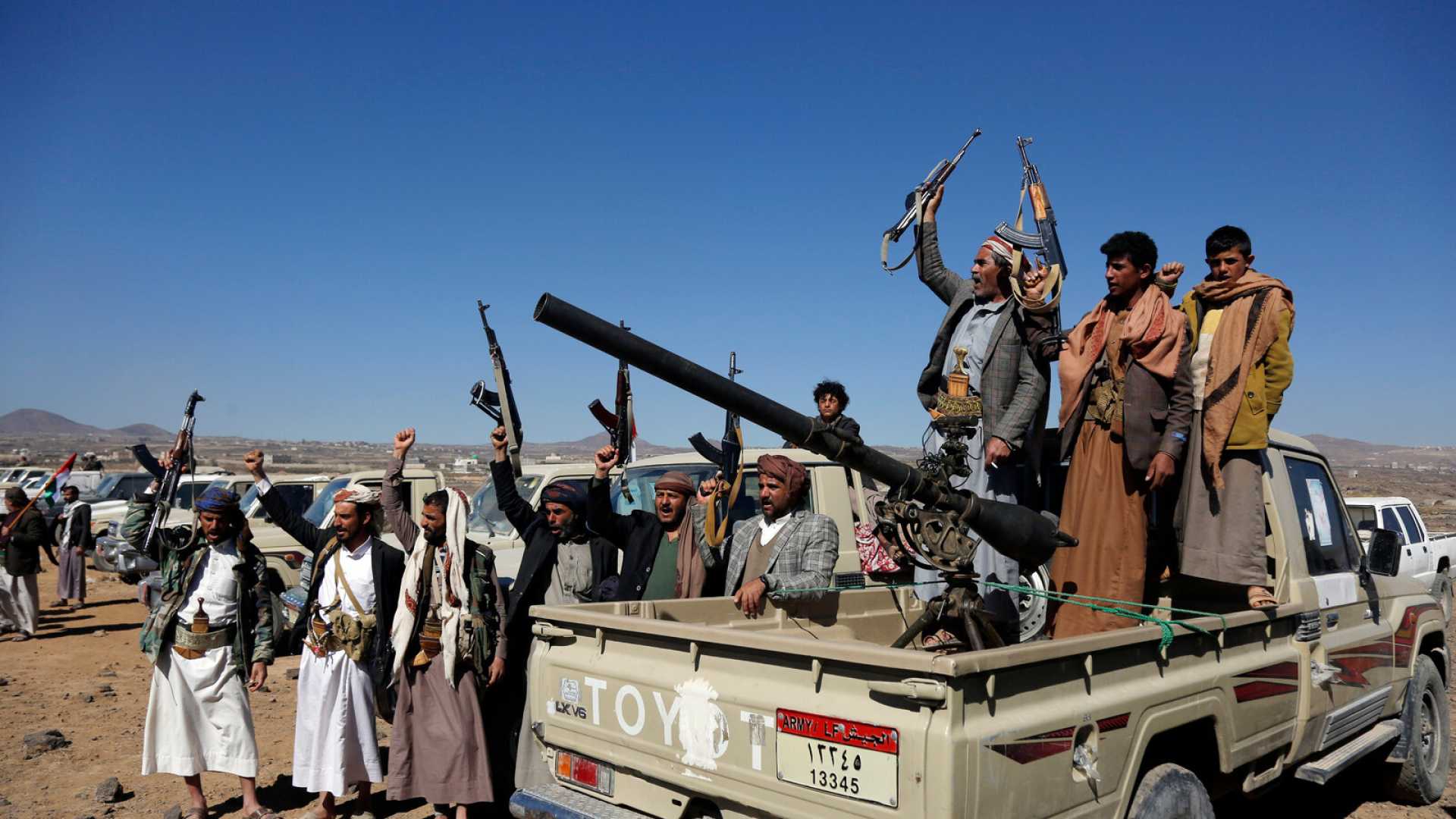News
U.S. Forces Target Houthis: Behind-the-Scenes in Lethal Decision-Making

WASHINGTON, D.C. — The United States launched airstrikes targeting Houthi positions in Yemen shortly before 2 p.m. Eastern Time on March 15, a decision that shocked many. However, two hours prior, I had already received an alarming preview of the operation through a message from Secretary of Defense Pete Hegseth, outlining the plan’s specifics, including target and timing details.
This conflict escalated after Hamas attacked Israel in October 2023. The Houthis, backed by Iran, followed suit by threatening international shipping routes and promoting violence against U.S. interests. The Biden administration’s response was perceived as inadequate, leading to increased calls for decisive action from the incoming Trump administration.
Things took a strange turn when I received a Signal message request from a user identified as Michael Waltz on March 11. I cautiously accepted, initially questioned the authenticity of the request. Waltz, allegedly Trump’s national security advisor, had joined a Signal group meant for operational discussions amid growing tensions with the Houthis.
On Thursday, March 14, I was invited to a “Houthi PC small group” chat, where Waltz explained, “We’re establishing a principles group for coordination on Houthis, particularly for over the next 72 hours.” This included representatives from various defense and security agencies, attending to urgent action items leading to military action.
The conversation quickly escalated with discussions regarding the logistical realities of U.S. military strategy, trade implications, and concerns about public perception. The group emphasized the urgency of reopening trade routes threatened by Houthi aggression.
Amid these discussions, Waltz’s account raised concerns regarding the operational security of such chats. My presence as a journalist created potential legal ramifications stemming from unauthorized disclosures, raising the specter of espionage implications backed by several national security experts.
Communication continued through the next day with alluding to tactical preparations. “You should have the statement of conclusions with taskings per the President’s guidance this morning in your high side inboxes. We will work with DOD to ensure everyone is briefed,” Waltz noted.
Later exchanges among group members reflected profound deliberations about the legitimacy and rationale behind imminent military action. For instance, one individual, identified in the chat as JD Vance, cautiously warned about potential backlash: “The strongest reason to do this is to send a message. … I think we are making a mistake.” Yet, despite these concerns, the discourse affirmed an inevitable military operation.
As the afternoon approached, a chat update detailed operational strikes against Houthi targets, mentioning specific weaponry and strategies for deployment. “The first detonations will be felt two hours hence, at 1:45 p.m. Eastern time,” it asserted. I closely followed these updates as explosions were confirmed in Sanaa shortly thereafter, marking the beginning of unprecedented military engagement.
Witnessing reactions in the group after the strikes underscored the backdrop of political posturing. The conversation shifted to acknowledging successful operations, highlighting internal victories while diminishing apprehensions among officials about strategic outcomes.
Seeking verification, I reached out to Waltz and others post-strike regarding the authenticity of the Signal thread. National Security Council spokesman Brian Hughes confirmed its legitimacy, noting, “This thread shows the deep policy coordination among senior officials.” Critics maintain that the use of Signal for such sensitive discussions poses substantial risks, including breaches of both operational security and federal records laws, leading to discussions around the proper channels for classified communications.
As events unfolded, I found myself grappling with the ethical implications of being part of such a high-stakes conversation navigating the politically charged landscape during a military crisis.












